High-speed crooks may soon be harder to catch once Holden and Ford stop local production of police pursuit cars.
Highway patrol forces across Australia have used Holden Commodores and Ford Falcons for more than three decades to nab speeding drivers and criminals trying to outrun the law.
But the cars that will replace the Falcon and Commodore pursuit vehicles over the next two years will be slower and more expensive than the current models.
The switch to imported cars has police across the country scrambling to find suitable replacements for highway patrol vehicles.
They might look like family cars, but the latest generation pursuit vehicles used by NSW Police are the most capable ever put into service.
It's not only their blistering acceleration that has helped stop pursuits before they start because, according to police, the bad guys know they can't get away.
More importantly, say frontline officers, it's the stopping power that gives them the edge.
Both Ford and Holden pursuit cars used by the NSW highway patrol have been fitted with police-only high-performance brakes ever since a series of brake failures led to a stringent test being introduced at the Police Driver Training centre in Goulburn more than 10 years ago.
The crooks realise their brakes run out before ours do
Other Australian states and territories do not have the same "pursuit test" braking requirement, leaving some officers concerned about a return to "the bad old days".
"Before we had bigger brakes fitted to our cars, they would turn to mush after a few hard stops, the brake pads would eventually disintegrate," said one high-ranking officer with 20 years' experience.
"Ever since we had the better brakes fitted, it has enabled us to slow down through intersections more safely and more reliably ... and then accelerate again to catch up to the bad guys. It's a public safety issue as well as an officer-safety issue," he said.
Other officers who spoke to News Corp Australia said there have been fewer pursuits since "the crooks realise their brakes run out before ours do."
An officer with 12 years' highway patrol experience said vehicle performance was "not just about catching getaway cars".
"Highway patrol are often the first cars at the scene of armed hold-ups, violent domestics, serious injury crashes and other life-threatening situations," the officer said. "The general duties cars are often tied up, whereas we're always roaming. If I've got to save someone from being stabbed, you want to get there as quickly and as safely as possible."
The highway patrol certification test used exclusively by NSW Police involves the car accelerating and braking repeatedly for an extended period of time to simulate a pursuit or a response to an emergency.
Both Ford and Holden had to upgrade their brakes on NSW highway patrol cars once the test was introduced.
Cars that don't make the grade are not commissioned for highway patrol use. For example, the Toyota Aurion V6 did not pass NSW Police brake tests even though the car is used by highway patrol in other states.
We have very specific technical requirements
A national police advisory agency closed submissions for future vehicle replacements last week, with luxury brands dominating the list of tenders, including Audi, BMW, Mercedes-Benz and Volvo.
However, these vehicles are likely to be deemed too expensive.
This leaves limited options, including performance cars such as the Ford Mustang coupe, Volkswagen Golf R hatch or wagon or the Chrysler 300 SRT performance sedan, all of which are in the $50,000 to $60,000 price range.
The current Ford Falcon and Holden Commodore pursuit cars cost about $48,000 -- before significant government discounts are taken into account.
NSW Police said it would start to evaluate new vehicles later this year.
"As far as a national vehicle is concerned, that is clearly a longer term ambition (but) there is a layer of complexity around that," the statement said. "We have very specific technical requirements."
NSW Police cars are more advanced than those in other states, with all 400 cars equipped with in-car video, computer terminals, and automatic number plate reading technology.
Other states have just begun rolling out number plate detection cameras on a handful of cars, whereas NSW has started equipping general duties cars with the technology.
Meanwhile, substitutes for future general duties vehicles are expected to be a formality, because police are already driving them.
The Toyota Camry has begun replacing the Holden Commodore and Ford Falcon general duties sedans, while the Hyundai SantaFe has started replacing the Ford Territory SUV.
The Hyundai iLoad and Volkswagen Transporter vans have been replacing utes as prisoner vehicles for several years.
What highway patrol drive now
Holden Commodore SS V8

Price: $48,690
0 to 100km/h: 5.0 seconds
High performance brakes (the same used by US police)
Ford Falcon XR6 Turbo

Price: $45,690
0 to 100km/h: 5.0 seconds
High performance brakes (race-bred, made by Brembo)
The options
Ford Mustang V8

Price: $59,990
0 to 100km/h: 5.0 seconds
Pros and cons: High performance brakes (race-bred, made by Brembo), similar acceleration to current cars. Coupe body not as practical as a sedan but could be used for certain areas (police have used coupes before, including the Valiant Charger, Ford Falcon XB and XC Coupe and Holden Monaro). The Mustang needs a special bracket to store a full size spare tyre (a police safety requirement) because an inflator kit is standard. Fortunately the boot is bigger than before and police computer equipment is getting smaller.
Chrysler 300 SRT V8

Price: $59,000
0 to 100km/h: 5.0 seconds
Pros and cons: High performance brakes (race-bred, made by Brembo), similar acceleration to current cars and it has a big boot that can fit a full size spare (a police safety requirement). The Chrysler 300 SRT V8 doesn't handle corners as sharply as the Holden Commodore and Ford Falcon performance sedans. Question mark over reliability, and it has higher service costs. Dealer network not as vast as Holden or Ford.
Volkswagen Golf R

Price: $55,000
0 to 100km/h: 5.0 seconds
Pros and cons: High performance brakes, similar acceleration to current cars and it has constant all-wheel-drive grip, which is ideal for tight city streets and wet or icy roads. The Golf R is available as a wagon to fit extra gear, but a full size spare would need to be accommodated (inflator kit or space saver is standard). The cheaper Golf GTI is not as suitable because it's slower, front-wheel-drive only and does not get performance brakes as standard.
Holden Insignia VXR

Price: $51,990
0 to 100km/h: 6.8 seconds
Pros and cons: The Holden Insignia VXR is a pointer to the all-wheel-drive turbo sedan that will replace the Commodore SS in 2018. But it needs to make a big leap over the current car which, according to independent tests, is slower than a Toyota Aurion V6. Holden insiders have confirmed the next generation Commodore performance sedan will not be as quick as the current V8, nor as cheap.
Ford Mondeo Turbo
Price: Not yet announced
0 to 100km/h: Not yet announced
Pros and cons: Ford of Europe is secretly working on a turbo all-wheel-drive version of the Mondeo mid-size sedan, but its performance credentials are an unknown. The car is also smaller and narrower than a Ford Falcon, and as with its Holden counterpart, unlikely to match today's fast Falcon, let alone beat it.





.jpg)



.jpg)

.jpg)

.jpg)
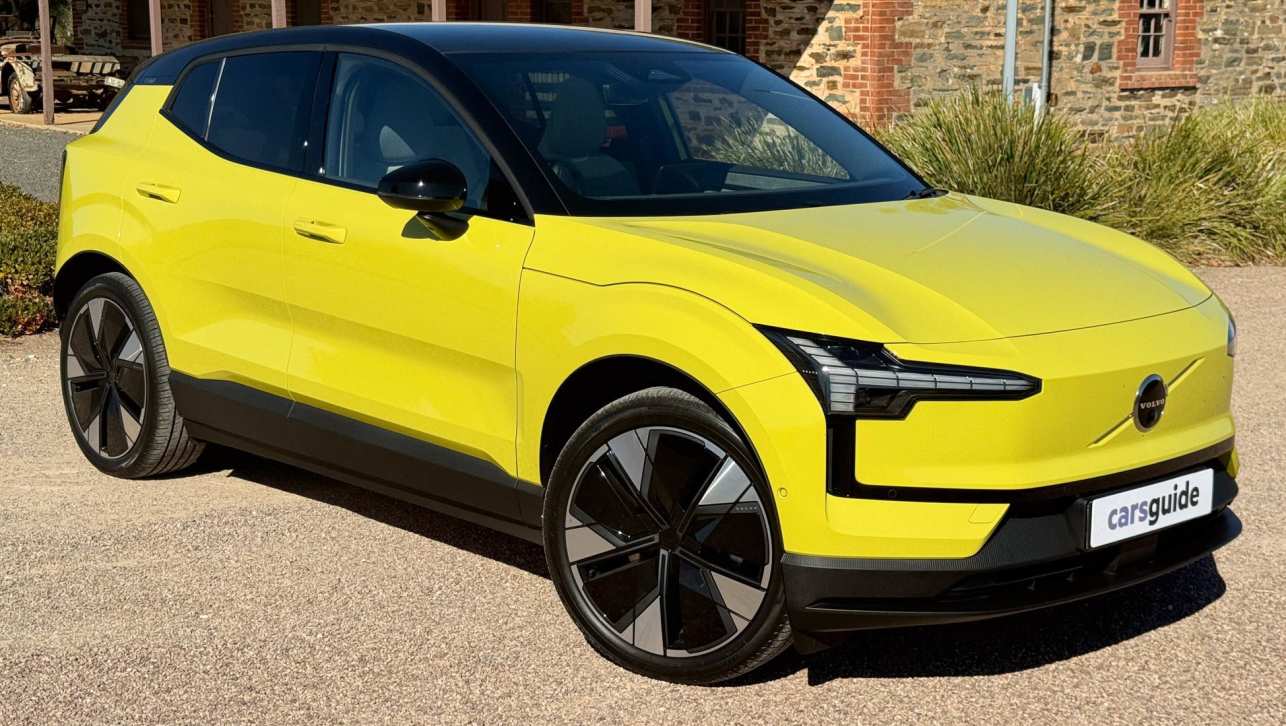
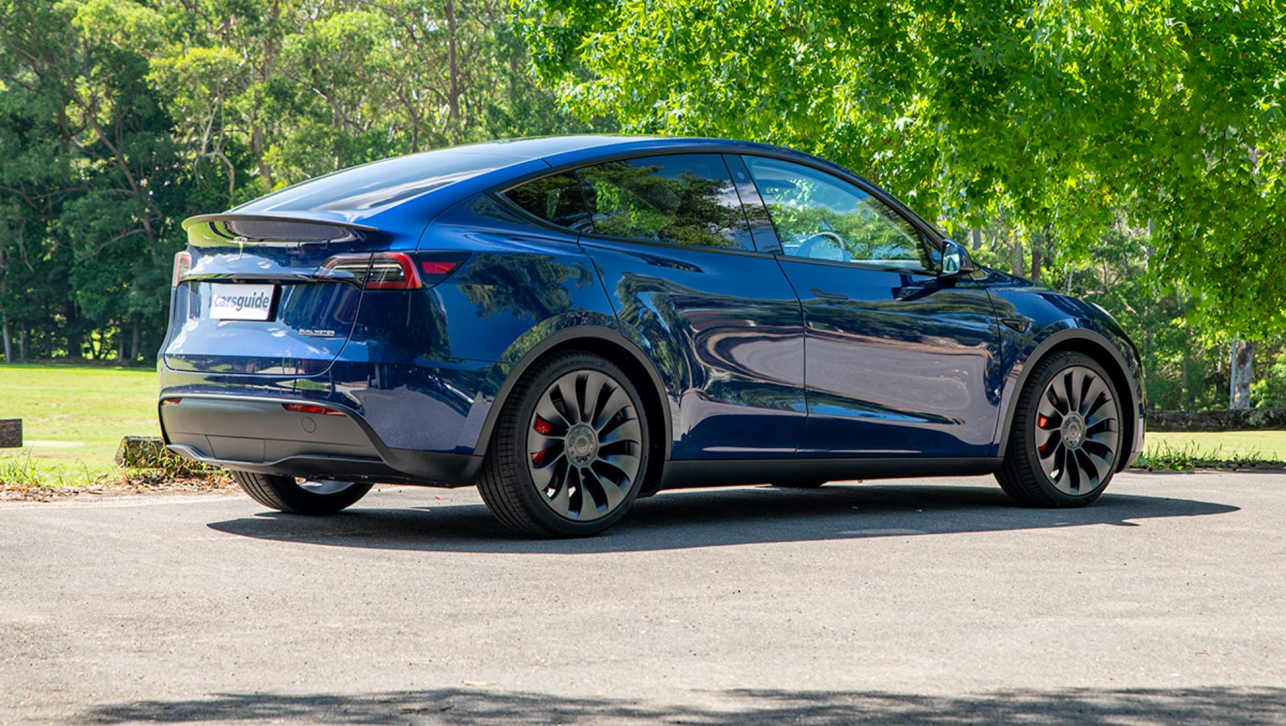
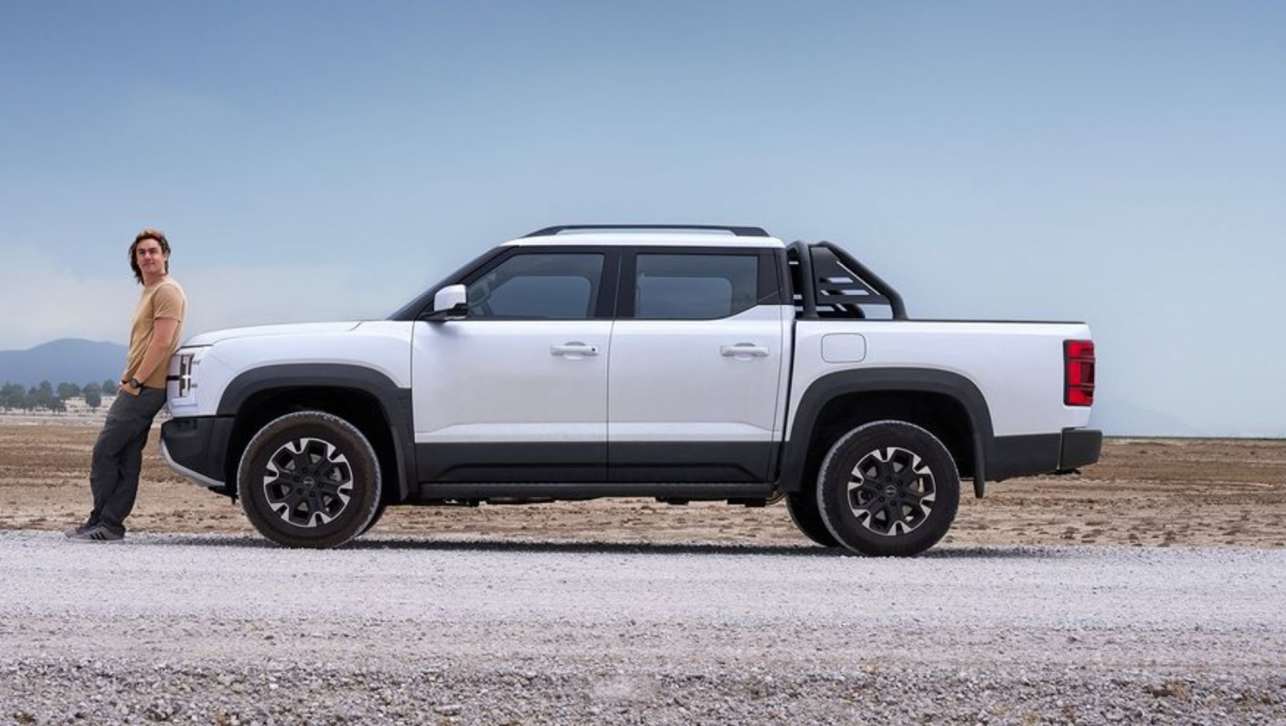
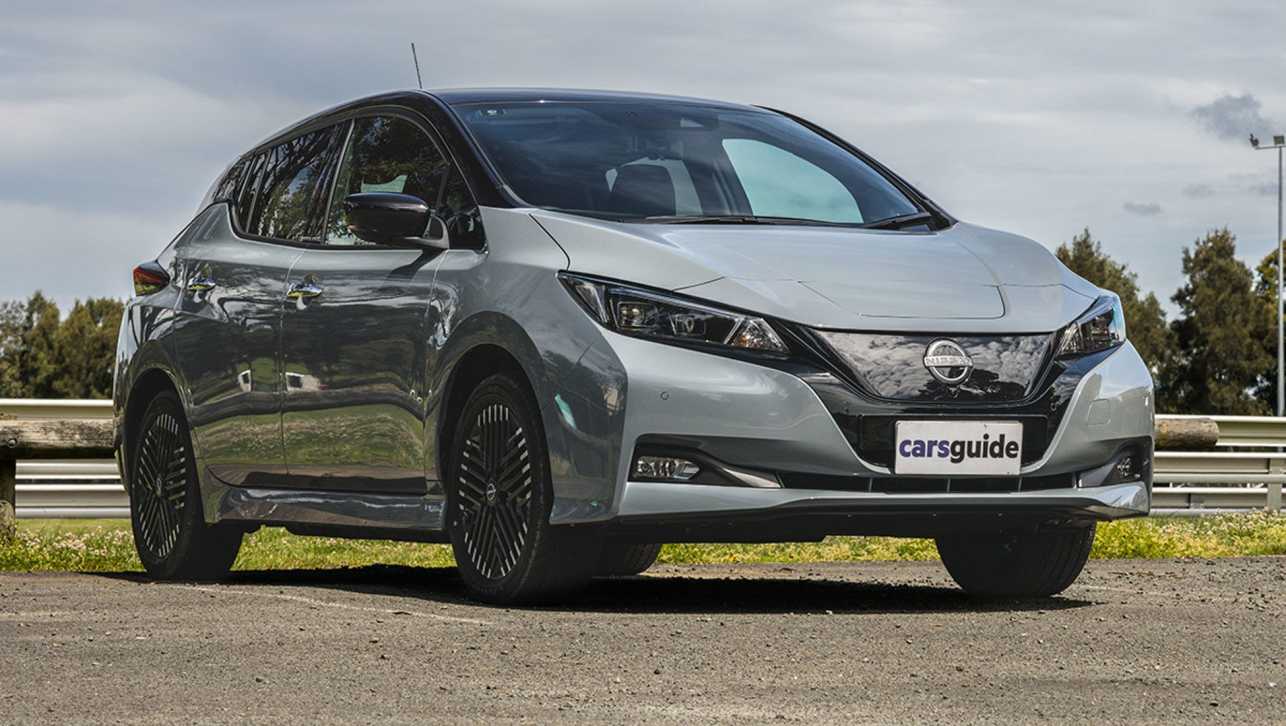

.jpg)

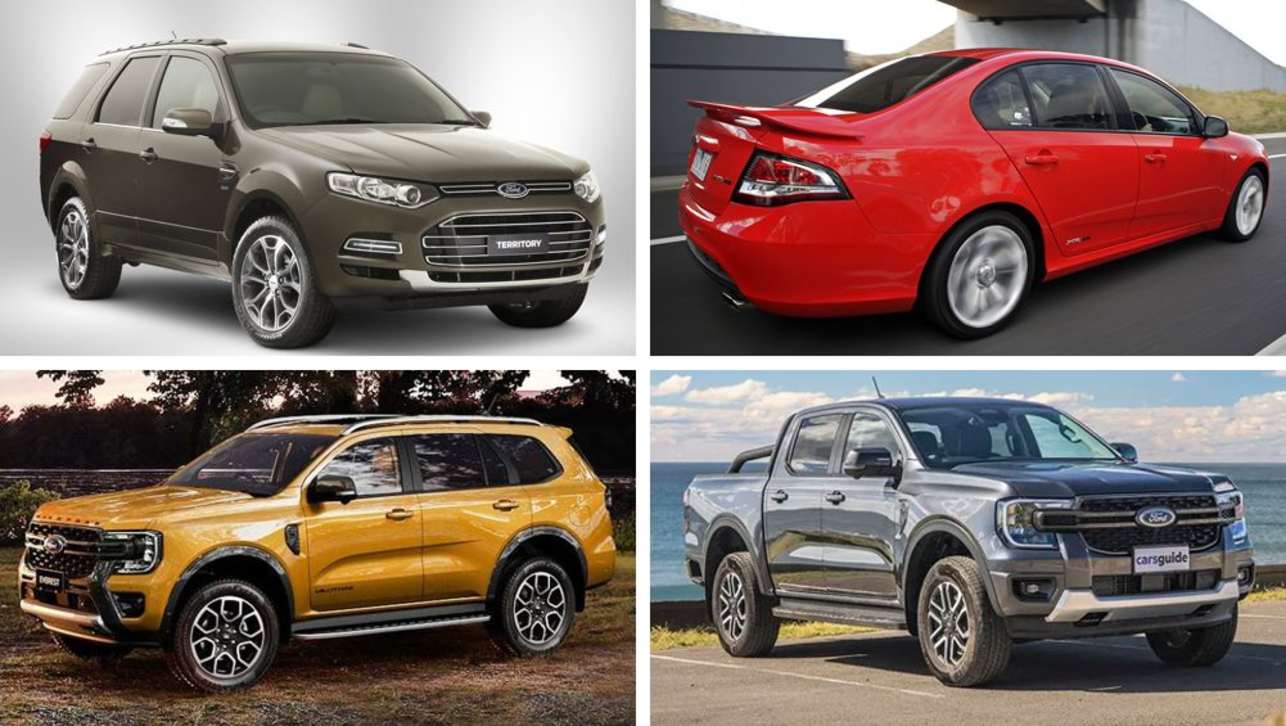
.jpg)

.jpg)
.jpg)

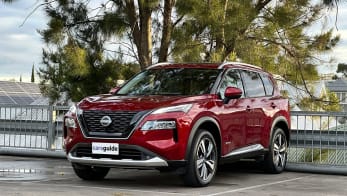
.jpg)

Comments